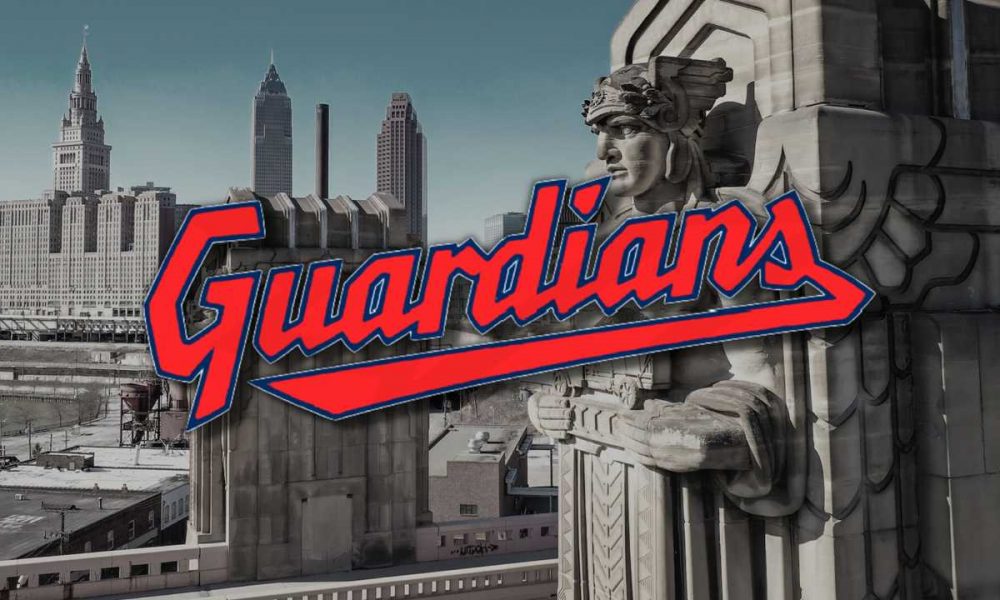Alabama became the seventh state to approve chemical castration for sex abusers of children when Governor Kay Ivey signed a bill Monday, June 10.
What We Know…
- Offenders convicted of sex crimes with children under 13 will be chemically castrated before their release from parole, and the treatment must begin at least a month before the offender’s release date.
- The bill was first introduced by Representative Steve Hurst and was initially meant to be harsher; chemical castration is reversible, but Hurst initially proposed surgical castration, which is expensive and permanent. Both Alabama houses approved the bill last month.
- Offenders are required to pay for the cost of their chemical treatment but cannot be denied parole if they are unable to pay.
- Chemical castration is a drug which reduces libido and sexual activity. It is impermanent and does not cause sterilization.
- The Alabama Civil Liberties Union (ACLU) has found this legislation inhumane, claiming it violates the Constitution’s eighth amendment prohibiting cruel and unusual punishment.
- The bill has been nationally controversial, though it has passed in seven different states: California, Florida, Louisiana, Montana, Texas and Wisconsin. The laws vary in these states, as some offer the treatment as an optional process to speed up parole.
- Critics of the bill feel it introduces a dangerous precedent that involuntary medical treatment can be used as judicial punishment. Hurst has defended his bill explaining it is the only fair retribution for the effect these criminals have had on children.
The ACLU feels this legislation misses the root of the problem with assault of this nature, explaining the assault is more about power than the actual sexual act.



